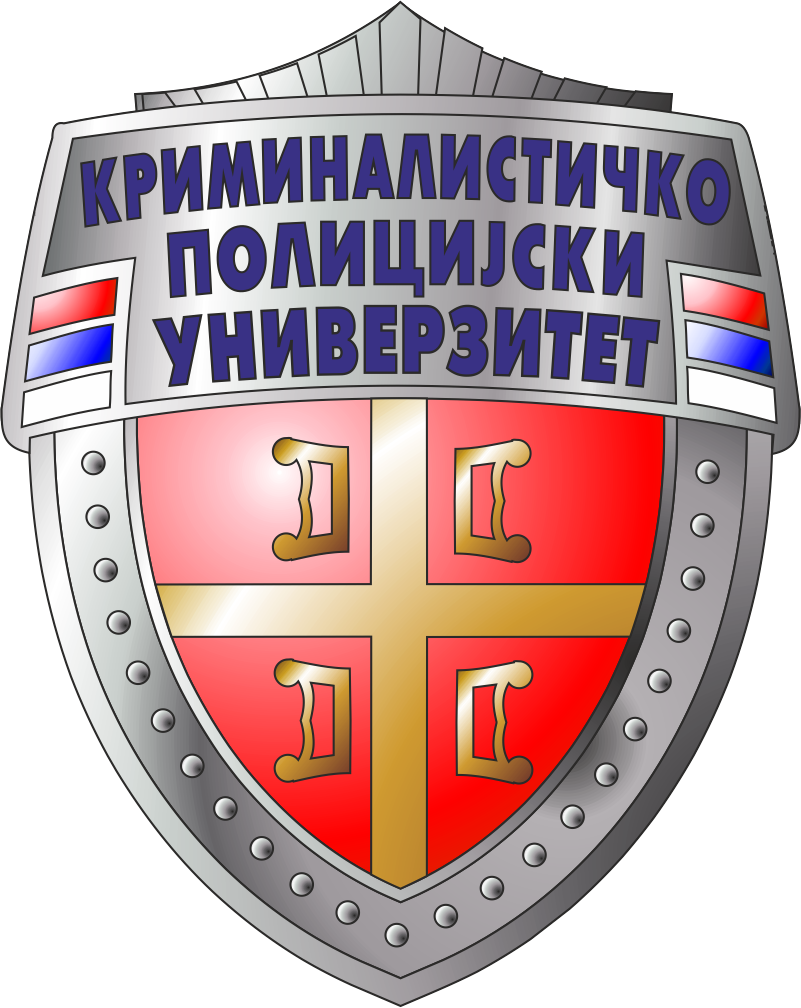Приказ основних података о документу
National security strategy of the Republic of Serbia and it’s implications for human security
| dc.creator | Mijalković, Saša | |
| dc.creator | Popović Mančević, Marija | |
| dc.date.accessioned | 2022-05-24T09:17:26Z | |
| dc.date.available | 2022-05-24T09:17:26Z | |
| dc.date.issued | 2020 | |
| dc.identifier.isbn | 978-86-7020-453-9 | |
| dc.identifier.uri | http://jakov.kpu.edu.rs/handle/123456789/1330 | |
| dc.description.abstract | National Security Strategy is a document of the highest strategic importance in one state that defines core values, interests, challenges, risks and threats to national security, as well as the organization of the national security system and national security policy in order to secure and achieve national interests. The Republic of Serbia defined its strategic priorities for the first time when it adopted the first National Security Strategy in 2009, and updated them in the new National Security Strategy adopted in 2019. An important part of the first Strategy was the concept of human security, which was indication that the Republic of Serbia formally considered the needs and values of an individual on an equal footing with the values of the state. This Strategy was deemed to be an expression of determination of the Republic of Serbia to create conditions for improving human security in economic, health, political and other aspects and through transparency, rule of law and responsibility. However, the new Strategy does not explicitly mention human security as a specific part of the integral concept of national security. Furthermore, it introduces several novelties that are in contrast with the prevailed human-centric mission of the previous strategy, and these novelties are focused towards territorial integrity, sovereignty and other state-centric issues. Bearing this in mind, the questions arising are: why this strategic turn was made and what are to be the implications of this change for human security. The main hypothesis is that the strategic turn to state-centrism instead of the human-centric approach promoted by the previous National Security Strategy was made because it corresponds to the global trend of revival of nationalism and sovereignty. However, this indisputably leaves room for criticism because people are the most important factor in the equation of integral national security and disregarding them in the national security strategies and policies can be problematized on multiple levels. | sr |
| dc.language.iso | en | sr |
| dc.publisher | Belgrade : University of Criminal Investigation and Police Studies | sr |
| dc.rights | openAccess | sr |
| dc.rights.uri | https://creativecommons.org/licenses/by/4.0/ | |
| dc.source | Thematic conference proceedings of international significance [Elektronski izvor] / International Scientific Conference "Archibald Reiss Days", Belgrade, 18-19 November 2020. | sr |
| dc.subject | strategy | sr |
| dc.subject | national security | sr |
| dc.subject | state-centrism | sr |
| dc.subject | security threats | sr |
| dc.subject | human security | sr |
| dc.subject | human rights | sr |
| dc.title | National security strategy of the Republic of Serbia and it’s implications for human security | sr |
| dc.type | conferenceObject | sr |
| dc.rights.license | BY | sr |
| dc.citation.spage | 355 | |
| dc.citation.epage | 363 | |
| dc.identifier.rcub | https://hdl.handle.net/21.15107/rcub_jakov_1330 | |
| dc.identifier.fulltext | http://jakov.kpu.edu.rs/bitstream/id/5833/SMMM.pdf | |
| dc.type.version | publishedVersion | sr |


